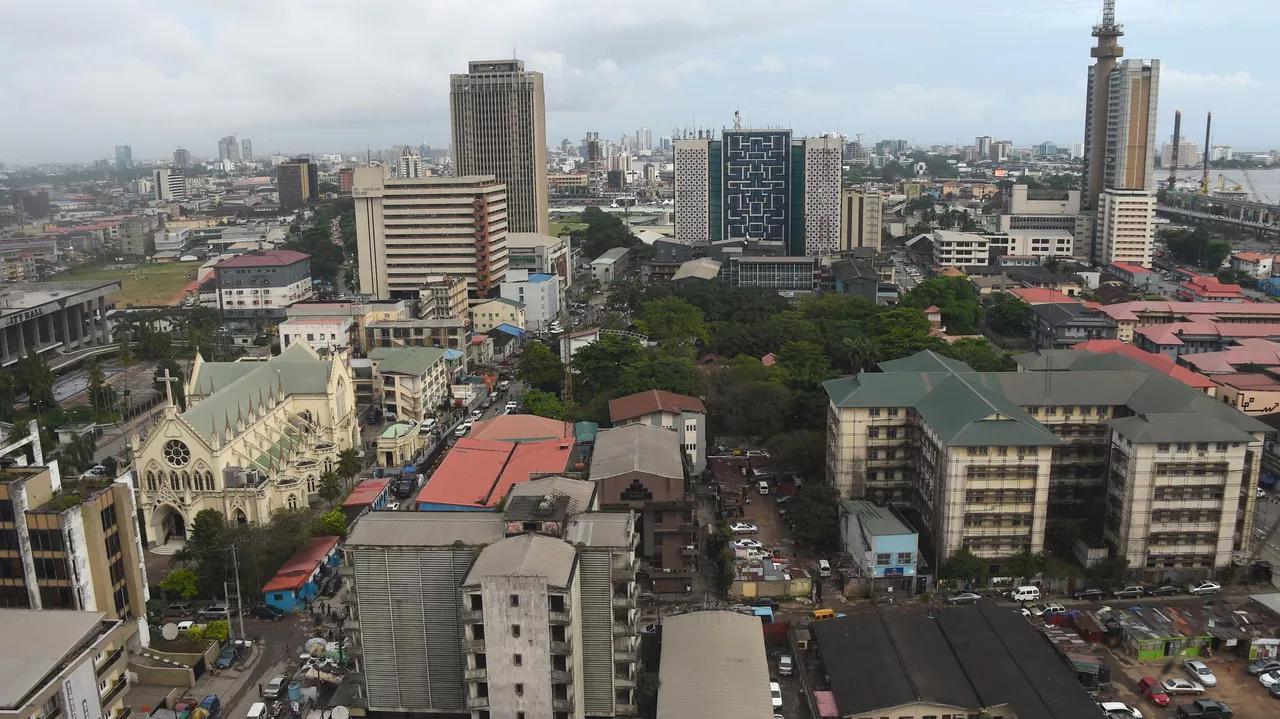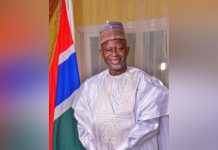
Africa-Press – Gambia. A truly fair society is one that provides equitable and plentiful opportunities for all, ensuring that every individual has the means to make the most out of these opportunities. In a society burdened by large-scale inequality, fairness cannot be said to exist. It is imperative that all Gambians have access to a level playing field where opportunities are not concentrated in the hands of a few.
Fairness also entails openness and transparency in governance, the presence of empowering opportunities, and access to quality education, jobs, security, and affordable healthcare. A fair society is one where individuals are free to flourish, where discrimination and exclusion are rejected, and where everyone has the opportunity to realize their full potential. Access to opportunity is what gives life and meaning to our hard-won freedoms and rights.
Dignity is inextricably linked to the ability to work and contribute to society. This necessitates a growing economy and an educated populace. The role of the government is to ensure that every Gambian has the right to excellent education, quality healthcare, and a functional criminal justice system, among other essential needs. The government must also provide social assistance to Gambians facing circumstances beyond their control, ensuring that no one is left behind.
– Advertisement –
Poverty and hardship should not rob anyone of their opportunities. When people are deprived of the opportunity to work, their independence and dignity are compromised. This not only threatens those directly affected but also the people who rely on them. A capable state is essential for enabling individuals to fulfill their potential. The government must ensure access to basic necessities such as electricity, water and sanitation, and reliable public transportation systems.
Our leaders must never forget that they are elected by the people and must remain close and accountable to them. Gambians deserve a government they can trust, one that responsibly manages every available resource to create opportunities for all. Based on these values, I believe it is the role of the state to expand the frontiers of opportunity for individuals by effectively fulfilling the core functions of a modern state. My vision is for an Equitable, Sustainable, and Prosperous Gambia for All.
Currently, The Gambia has 21 ministries handling various government activities, both internal and external. However, the global economy is facing significant challenges, and The Gambia is not immune to these phenomena. The lingering impact of COVID-19 on our economy continues to affect us negatively, and the ongoing war in Ukraine has further exacerbated our economic challenges. Unfortunately, the war shows no signs of ending, and recent tensions in the Middle East have added another layer of uncertainty to the global landscape. As a concerned politician, I closely monitor these developments, and it is not far-fetched to say that the future in the Middle East appears more negative than positive.
– Advertisement –
The Gambia’s staple food is rice, with about 90% imported from various parts of the world, including the Middle East. While we may not control global events, we can take measures to minimize their potential negative impacts on our economy as a sovereign state. The need for robust ministerial reform has never been more pressing than it is now, as we face the realities of economic turmoil and widespread youth unemployment.
In light of these challenges, it is worth reconsidering the structure of our government. Although having 21 ministries may seem appropriate, the focus on addressing youth unemployment and the instability in other regions necessitates a more streamlined approach. To mitigate the likely impact of external factors on our already strained resources, it is necessary to reform certain ministries by merging them with others, thereby reducing redundancy and saving much-needed resources.
The following ministries should be considered for consolidation:
Ministry of Defense: This ministry should be placed directly under the Office of the President, with a Permanent Secretary managing its daily operations. This ensures that defense matters are handled with the highest level of authority and oversight.
Ministry of Communications and Digital Economy & Ministry of Information: These ministries have overlapping functions and can be merged into a single entity, focusing on communications, digital transformation, and information dissemination.
Ministry of Agriculture & Ministry of Fisheries and Water Resources: Given the close relationship between agriculture and fisheries, these ministries can be consolidated to form a more cohesive strategy for managing the country’s natural resources and ensuring food security.
Ministry of Basic and Secondary Education & Ministry of Higher Education, Research, Science and Technology: Education should be streamlined under a single Ministry of Education, covering all levels from basic to higher education. This will help save resources and create a more integrated approach to education policy.
Ministry of Sports: This ministry should focus solely on the holistic development of sports, from grassroots to national levels. By engaging young people in diverse sporting activities, we can tap into their talents and prepare them for participation in global events such as the Olympics.
Ministry Trade, Industry, Regional Integration, and Employment: This ministry should encompass youth affairs, trade, industry, regional integration, and employment, providing a comprehensive approach to addressing youth unemployment and economic development.
Ministry of Public Service: This ministry deals with policies and public service and should also handle National Assembly matters, given its central role in the functions of the legislative body.
By removing and consolidating these ministries, the government can save significant resources that can be redirected towards youth development projects, such as establishing regional youth farms across the country. With qualified Permanent Secretaries under each consolidated ministry, daily government activities will not be disrupted, and the funds saved from ministerial salaries can be invested in creating job opportunities for the youth.
This reform is not just about reducing the number of ministries but about ensuring that the government operates efficiently, effectively, and in the best interest of the Gambian people. It is about creating a government that is closer to the people, more accountable, and better equipped to face the challenges of the modern world. Ultimately, it is about building a Gambia that is equitable, sustainable, and prosperous for all.
Source: The Standard Newspaper | Gambia
For More News And Analysis About Gambia Follow Africa-Press





